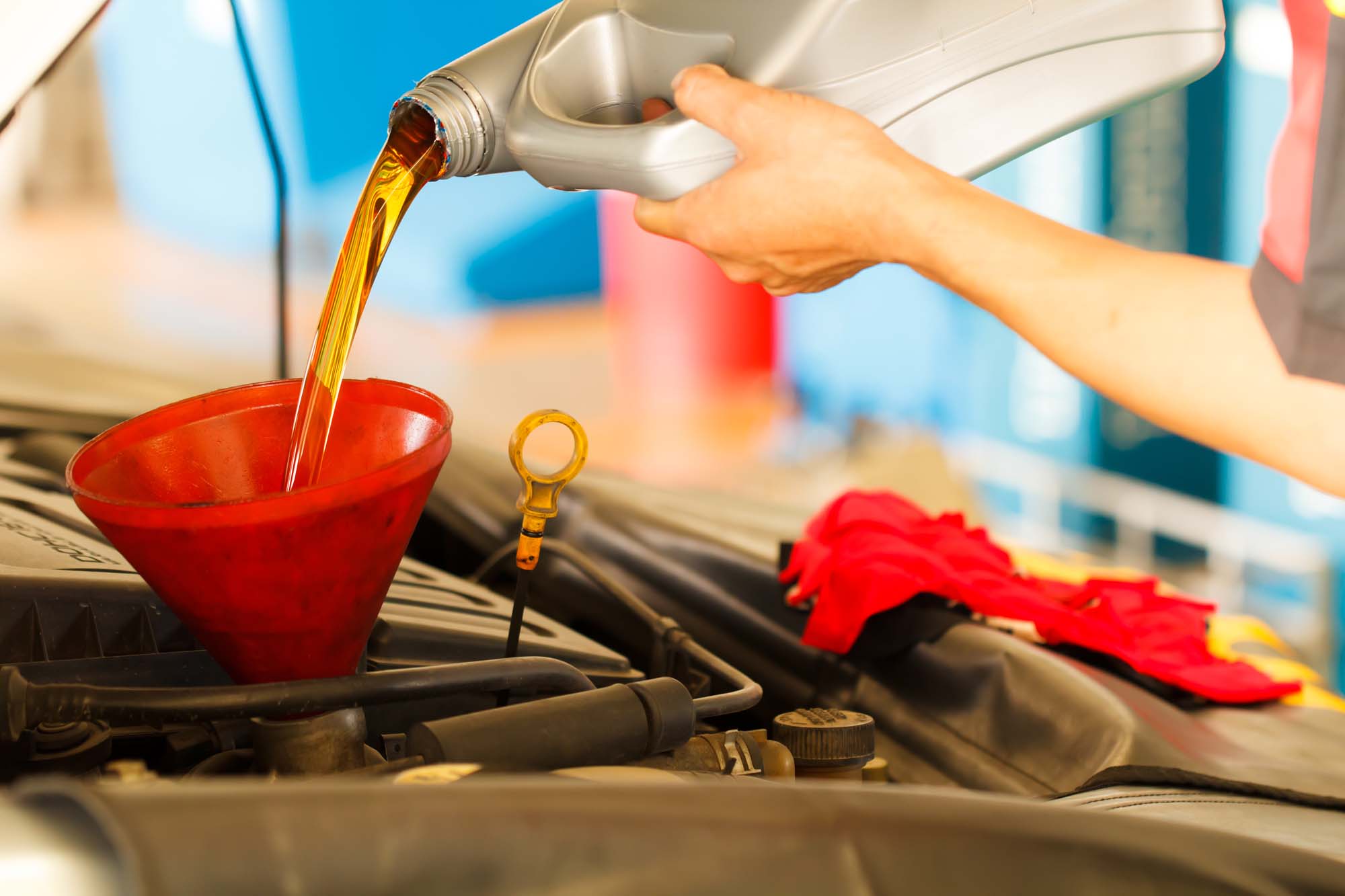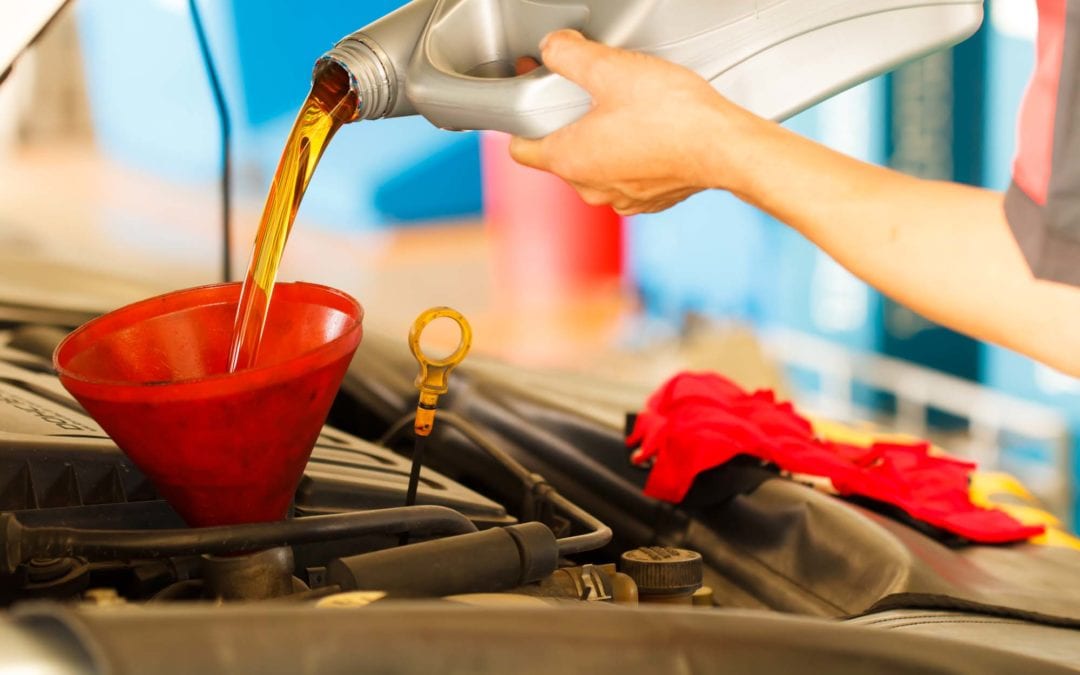Change Oil Often Your Engine
The engine in your car is the most important part of your vehicle. The fuel that it uses to run will eventually break down and cause the engine to work less efficiently, which could lead to a breakdown or a more serious problem with the engine. Regular maintenance checks are needed to make sure that the engine is running properly. An article about how often you need to change oil, why it’s necessary, and what happens when you don’t.

Best Tips For Change Oil Your Engine | Express Auto &Amp; Tires
What is the Purpose of Your Engine Oil?
The purpose of your engine oil is to protect your engine from wear and tear and to keep it running smoothly. Engine oil lubricates the moving parts in your engine, and helps to cool it down. It also cleans the engine by keeping dirt and debris from building up on its surfaces.
Why You Should Change Oil of Your Engine Regularly
If you don’t change your engine oil regularly, your engine will eventually run into problems. The most common problem is sludge buildup. Sludge is a sticky substance that can clog up your engine’s parts and prevent them from working properly. Another problem that can occur if you don’t change your oil often enough is premature wear and tear on your engine’s parts.
This happens because the old oil gets dirty and starts to break down, leaving behind metal particles that can damage your engine’s bearings, pistons, and other moving parts.
So why should you change your oil regularly? For one thing, it will extend the life of your engine. Regular oil changes will also improve your engine’s performance and fuel economy. And in the long run, it will save you money by preventing expensive repairs.
How Often Should Your Engine Change Oil?
It is typically recommended to change your engine oil every 5,000 miles or every 6 months, whichever comes first. However, this varies depending on the make and model of your vehicle as well as your driving habits. You should always consult your owner’s manual for specific recommendations.
If you do a lot of short trips or drive in stop-and-go traffic, you may need to change oil more frequently than the average driver. The same goes for if you frequently tow heavy loads or drive in extreme conditions like very hot or cold weather. Conversely, if you mainly drive on highways and don’t put many miles on your car each year, you may be able to go longer between oil changes.
No matter how often you need to change your oil, it’s important to use the right type of oil for your car. Check your owner’s manual for the recommended weight and viscosity (thickness) of motor oil for your vehicle. You should also use the type of oil specified by the manufacturer – conventional, synthetic blend, or full synthetic.
What are the Symptoms of Low Motor Oil?
If your car is low on motor oil, it may start to experience a few different symptoms. The first and most common symptom is that the engine will start to make a knocking noise. This noise is caused by the metal components of the engine rubbing together without enough lubrication.
Another symptom of low motor oil is that the engine will start to run hotter than normal. This is because there is less oil available to help cool down the engine as it runs. Over time, this can lead to serious engine damage. Finally, if your car is low on motor oil, it may have trouble starting.
This is because the oil helps to lubricate the engine parts and make it easier for them to move. Without enough oil, the engine parts may seize up and prevent the engine from starting.
How to Prepare for a Change Oil
Assuming you are comfortable working with tools and under your vehicle, change oil is a relatively easy task that you can do yourself. You will need to gather a few supplies including new oil, an oil filter, a drain pan, and a wrench. To begin, drive your vehicle onto some newspaper or cardboard to catch any spilled oil.
Next, locate the drain plug on the bottom of the oil pan and place the drain pan underneath it. Using the wrench, loosen the drain plug and allow all of the used oil to drain out into the pan. Once the used oil has finished draining, replace the drain plug and tighten it back up. Now it’s time to replace the oil filter.
Locate the old filter and unscrew it using the provided tool or a wrench. Be careful not to touch the dirty filter with your bare hands. Screw on the new filter until it is hand-tight. Now it’s time to add new oil. Check your owner’s manual to find out how much oil your car needs and pour it into the appropriate opening.
Once you have added all of the new oil, screw on the cap and start up your car. Allow it to idle for a minute so that the new oil can circulate throughout the engine before checking for leaks.
Tips and Tricks to Avoid Common Mistakes
When it comes to your car, one of the most important maintenance tasks you can do is regularly change oil. Not only will this help keep your engine running smoothly, but it will also prolong its life. However, even if you’re diligent about changing your oil, there are still a few common mistakes that can be made. To help you avoid them, here are a few tips and tricks:
- Check your owner’s manual first and foremost. Different cars have different requirements when it comes to oil changes, so it’s important to consult your manual to find out what’s best for your vehicle.
- Don’t wait too long between changes. Even if your car doesn’t require frequent oil changes, it’s still a good idea to change it every 3,000 miles or so. This will help prevent build-up and keep your engine running smoothly.
- Be careful when disposing of used oil. Used motor oil can be recycled, but it must be disposed of properly. Never pour it down the drain or throw it in the garbage; take it to a recycling center instead.
By following these simple tips, you can avoid making common mistakes when you do change oil.
Call Express Auto in Irving, TX for your Engine Change Oil
If you’re like most drivers, you know that it’s important to keep your car running as best as possible. But with all the expensive parts that your vehicle depends on, it’s easy to forget about some of the more basic ones. These basic maintenance tasks are not very difficult to achieve, don’t take a lot of your time, and can help you save money on expensive maintenance problems in the future. Our shop proudly serves Irving, Texas, and the surrounding areas.
As suggested by our name, we specialize in Tires, Auto Repair, and Change oil. Our capable staff can perform service replacements and auto inspections with ease and have your car back on the road in no time. Due to our specialization in auto repair, we can provide quality work for an affordable price.
At Express Auto & Tires, we know that our customers are concerned about transparency and affordability. We ensure our customer’s satisfaction by only hiring skilled mechanics who are personable and responsible. Before completing any work, we’ll provide you with a diagnostic and a quote to make sure we can meet your budget. We’ll also take the time to explain the technical details in a way you can understand.
Then, we’ll take the time and care to repair your vehicle, ensuring that it’s in optimal condition when we turn it back over to you. For excellence in all auto repairs, call us at 972-636-4903 or message Express Auto & Tires. Our team of professional staff looks forward to serving you and helping you maintain your vehicle to keep you on the road safely! Call us today!

